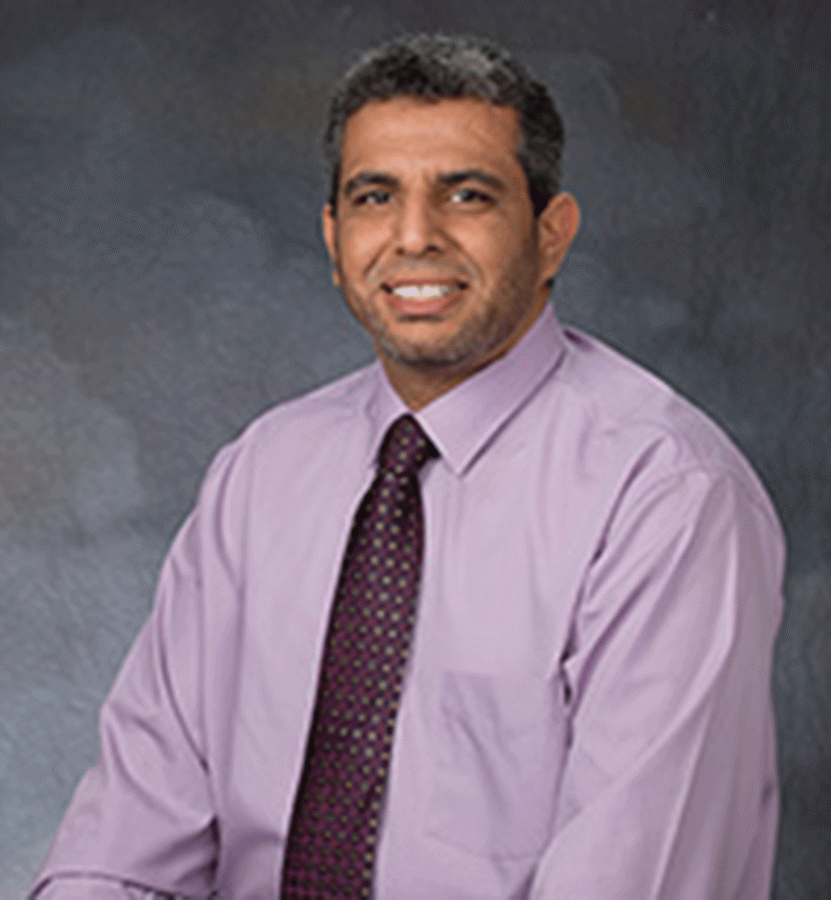Panel Offers International Perspective on Post-Election Climate
On Thursday, January 25, in honor of Dr. Martin Luther King Jr. week, the Africana, Latin, Asian and Native American Cultural Center (ALANA) hosted a student and faculty panel that offered international perspectives and reactions to the 2016 presidential election. Assistant Dean and Director of International Student Services Kerra Hunter and Senior Lecturer in French in the Department of Romance Languages Mahadevi Ramakrishnan moderated the discussion. Panelists included junior Haesel Kim of South Korea, junior Akosua Ofosuhene of Ghana and first-year Rupika Chakraverti of India. Senior Lecturer in Arabic and Middle Eastern Studies and Coordinator of Arabic Language Instruction Nady Abdal-Ghaffar brought a faculty perspective to the discussion.
The international student and faculty panel was created four years ago in response to Barack Obama’s reelection. The panel showcased a spectrum of international perspectives by giving students and faculty a platform to share their individual experiences with regards to the American political climate. Hunter and Ramakrishnan made it clear at the start of the panel that the opinions expressed did not constitute the sole view of the country or culture represented, but rather reflected only the beliefs of the students and faculty members speaking.
The panel served as both an educational experience as well as an opportunity to cherish and celebrate the memory of Rev. Dr. Martin Luther King Jr. Hunter began the conversation with a quote from Dr. King reflecting on the interconnected nature of humanity.
“It really boils down to this: that all life is interrelated. We are all caught in a network of mutuality, tired into a single garment of destiny; whatever affects one destiny, affects all indirectly,” Hunter said, quoting Dr. King.
Students and faculty panelists each received five minutes to detail their thoughts on the international effects of the election. Panelists Kim and Ofosuhene reflected on their initial reactions to the election results as well as similarities existent in recent elections in both South Korea and Ghana, respectively.
“As an international student here, I encounter a lot of people being racist. So for me, it wasn’t really surprising that a lot of people would vote for Trump,” Kim said. “Around the same time, South Korea was also going through an election scandal, so it was hard on me. I can see parallels between the South Korean president and Trump.”
Ofosuhene discussed her thoughts on why she believed the American people elected Donald Trump.
“I did not think for one second that Trump was going to win. During this election, Ghana also had its own election,” Ofosuhene said. “For us, the opposition won and it was clear that people wanted a change, and that also must have been what the people wanted who voted for Trump.”
All of the panelists agreed that the presidential election of Donald J. Trump created a ripple effect that provoked a number of reactions around the world.
“People from America often fail to see the repercussions of American elections. In India, there is a lot of Hindu-Muslim animosity and people have been praying to Trump,” Chakraverti said. “There has been an increase in anti-Muslim sentiments
in India.”
Abdal-Ghaffar, reflecting on Chakraverti’s insight, offered a reaction to the
election concerning the changing atmosphere in Egypt and the Middle East.
“The leader in Egypt, President Abdel Fattah el-Sisi, was the first president to call and congratulate Donald Trump on the election. My mother, who has been brainwashed by the media, thinks Trump is amazing because he is going to collaborate with el-Sisi,” Abdal-Ghaffar said. “My nieces and nephews are completely against that. They see el-Sisi and Trump as tyrants. In Egypt, the Muslims are the majority, about 85%, and they are so worried about Muslims in America.”
January 20 marked the inauguration and transfer of power from Barack Obama’s eight-year presidency to the presidency of Donald Trump. Since his inauguration, Trump’s proposed and completed policy reform has been on the minds of the panelists. Abdal-Ghaffar commented on Trump’s recent
immigration reform.
“Trump signed one of his first executive orders, banning anyone from Arab countries including Syria, Yemen, Iraq, Iran, Libya, Somalia and Sudan. None of them can come to the United States,” Abdal-Ghaffar said.
Abdal-Ghaffar considered the unimaginable impact of the immigration reform.
“These are not just immigrants but those coming for a conference or visiting. Who knows where he is going to end the list,” Abdal-Ghaffar said.
After all of the panelists spoke, the conversation broadened to incorporate those attending the discussion who did not sit on the panel. Students and faculty members in attendance eagerly contributed to the discussion, incorporating personal perspectives from Romania,
Trinidad and Tobago and Tunisia.
Senior Lorelai Avram spoke about her experience returning home to Romania during Colgate’s winter recess.
“The rise of conservative ideals in the United States is leading to the rise of conservative ideals throughout the world. I am Romanian, and at home I saw LGBTQ rights and abortion rights thrown out the window,” Avram said. “Before the election, people were pushing for gay marriage, but after the election we began reworking the constitution to specifically define marriage as the union between man and woman.”
Panelists then engaging with attendees discussed education as a key to understanding the international community as well as individuals domestically represented. In the spirit of Rev. Dr. Martin Luther King Jr., students in attendance echoed the need for citizens worldwide to embrace love in order to internalize and further discuss the outcome of the 2016 presidential election.




